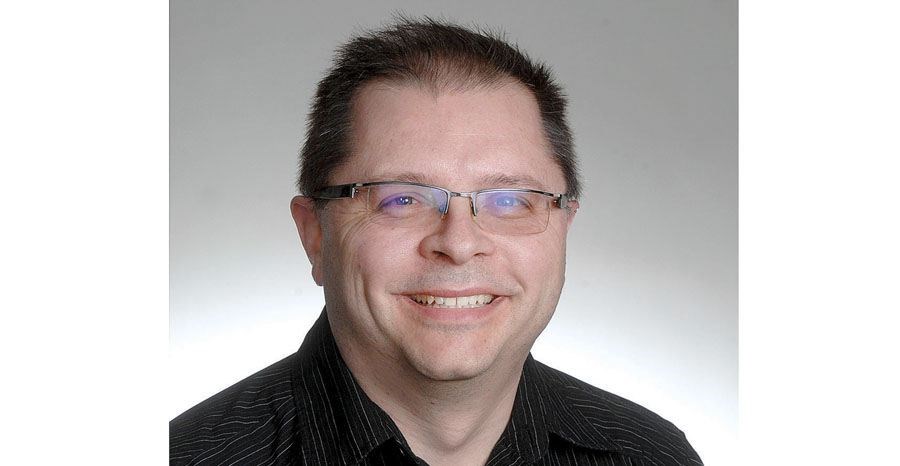For all of the wealth and technological luxuries enjoyed by most residents, safety and peace of mind remain elusive.
Parents can put bike helmets on our kids and make sure their car seats hold them secure but the risk of harm, even reduced, still remains. Along with tragic accidents comes senseless violence, whether it's on a boardwalk in France or inside a Calgary home.
"Another horrific attack, this time in Nice, France. Many dead and injured. When will we learn? It is only getting worse," tweeted Donald Trump late Thursday afternoon.
Learn what?
That there are bad people in the world and sometimes they do bad things that cost innocent people and children their lives?
That it doesn't matter how many guns are in the hands of civilians, how long a national state of emergency is in place, how much power and resources are granted to police and spy agencies?
That a politician who promises to keep citizens safe from harm is actually pledging to take away their freedoms?
Prime Minister Justin Trudeau called Taliyah Marsman's death a "devastating loss" after her body was found in a rural field near Calgary, at roughly the same time 10 children were being murdered in the French resort city. Young Taliyah's death is devastating but no more or less so than the death of 11-year-old Brodie Copeland of Lakeway, Texas, who died alongside his dad Sean while in France for a summer holiday.
"Time to get serious about terrorism as the world is only getting more dangerous," tweeted interim Conservative leader Rona Ambrose.
You mean we didn't get serious on July 7, 2005, after the terror attacks in London or on March 11, 2004, after the train bombings in Madrid or after 9/11 or after the Atlanta Olympics or Oklahoma City or Lockerbie or Air India or the Munich Olympics? How shall we get more serious? Shall we shed more tears, send more peacekeepers, spend more (or less) on foreign aid, take in more (or fewer) refugees, drop more (or fewer) bombs and make more speeches?
Always more speeches.
That goes without saying.
More pundits trying to make sense of it all, too.
Meanwhile, in Iraq, the citizens have been free of Saddam Hussein for 13 years. The freedom has cost more than half a million Iraqis their lives while million have fled from the frying pan of Fallujah to the fire of Syria. Iraq remains a roiling cauldron of sectarian violence with no end in sight. Were they better or worse off under Saddam's iron fist?
To the north, it appeared Friday that a military-led coup had overthrown the democratically-elected government of Turkey, adding more instability and uncertainty to an already unstable and uncertain part of the world. Will they be better or worse off under the care of the military? Will a dictator or a junta be able to stop attacks like the one at the Istanbul airport last month?
Whether it's the Middle East or the more stable and richer countries of Western Europe and North America, there seems to a growing demand for security. In the marketplace of ideas and politics, this citizen demand is being met by a blossoming number of earnest, entrepreneurial individuals that claim they have the answers to these complex issues and can implement the tough solutions that will restore order. The demand comes from a frustration with authority and institutions, a distrust of law and government and an impatience with elected leaders and bureaucrats to take decisive action that will actually benefit the public.
Those concerns couldn't be addressed in the past and they are no closer to being managed in the future. Despite the increasing control most modern adults seem to have over their daily lives, the more our existence is actually shaped by randomness, by unexpected good fortune but also by tragedy. Either way, the random defies order or logic but that is an unsatisfactory response for many. Causality must be found, lessons must be learned, we just have to get serious.
Some leading minds, like Harvard's Steven Pinker, would have us believe that the "better angels of our nature" are coming to bear, that humanity is evolving beyond its prehistoric roots into a more peaceful creature.
From an evolutionary standpoint, however, we are still that beast, both in our propensity for violence and cruelty, as well as our desire for simplicity and meaning where none exists.
-- Managing editor Neil Godbout



